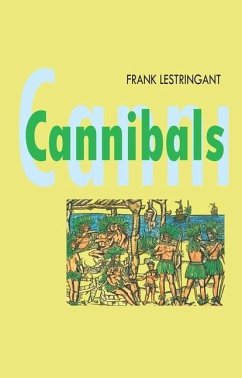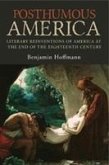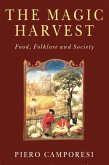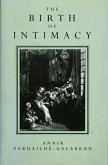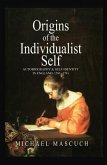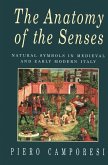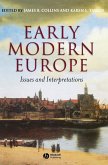Frank Lestringant is one of the foremost authorities on European encounters with the New World. This book is a fascinating account of the existence of New World cannibalism and the images it conjured up for Europeans from the Renaissance to the nineteenth century. Drawing on previously unavailable sources, Lestringant describes how European voyagers, divines and missionaries encountered the cannibalistic cultures and represented them in their journals and writings. Mapping the origins and evolution of the word 'cannibal', Lestringant describes the symbolic uses of cannibalism by authors, political theorists and theologians. In a wide-ranging discussion he surveys the myth and the reality of the cannibal, and explores the deployment of the image in European literature and legend. Lestringant argues that sixteenth-century travellers and writers turned the figure of the man-eating savage of the Americas into a positive figure, a hero who devoured his defeated enemy in accordance with custom and not in order to satisfy some cruel instinct. Two centuries later the philosophers of the Enlightenment used the figure of the cannibal in their fight against the colonialists and Catholics. But the positive image of the cannibal suffered a reversal at the end of the eighteenth century, becoming a hateful figure and arousing the primitivist dreams of Sade and Flaubert. Written in a lively and accessible style, this engaging book will be welcomed by students and researchers in a wide range of discipines - early modern history, European literature, anthropology and religious studies - as well as anyone interested in the history of cannibalism.
Hinweis: Dieser Artikel kann nur an eine deutsche Lieferadresse ausgeliefert werden.
Hinweis: Dieser Artikel kann nur an eine deutsche Lieferadresse ausgeliefert werden.
"Frank Lestringant's Cannibals is a magisterial,wide-ranging, and wonderfully readable exploration of one of thegreat Western obsessions. With a blend of horror, astonishment, andhalf-suppressed admiration, European travellers, philosophers,theologians, missionaries and artists have argued for centuriesabout the significance of cannibalism. Lestringant's extraordinaryerudition enables him to map an immensely complex territory. Hisbook is a feast!" Professor Stephen Greenblatt
"A fascinating account of European cannibalism." TheBookseller
"This is a learned and highly original book. Its virtues lie inits details, in the dazzling series of connections it makes betweendifferent aspects of cultural history - literary, theological,economic and artistic. Dare one say, in the words of the PrayerBook, that there is much here to "read, learn, and inwardlydigest"?" The Sunday Telegraph
"Excellent ... It takes a freshly informed look at the questionof the American Indian, mainly through French rather than Spanishor British witnesses with whom Anglo-American scholars are morefamiliar." Claude Rawson, The Times Literary Supplement
"A fascinating account of European cannibalism." TheBookseller
"This is a learned and highly original book. Its virtues lie inits details, in the dazzling series of connections it makes betweendifferent aspects of cultural history - literary, theological,economic and artistic. Dare one say, in the words of the PrayerBook, that there is much here to "read, learn, and inwardlydigest"?" The Sunday Telegraph
"Excellent ... It takes a freshly informed look at the questionof the American Indian, mainly through French rather than Spanishor British witnesses with whom Anglo-American scholars are morefamiliar." Claude Rawson, The Times Literary Supplement

